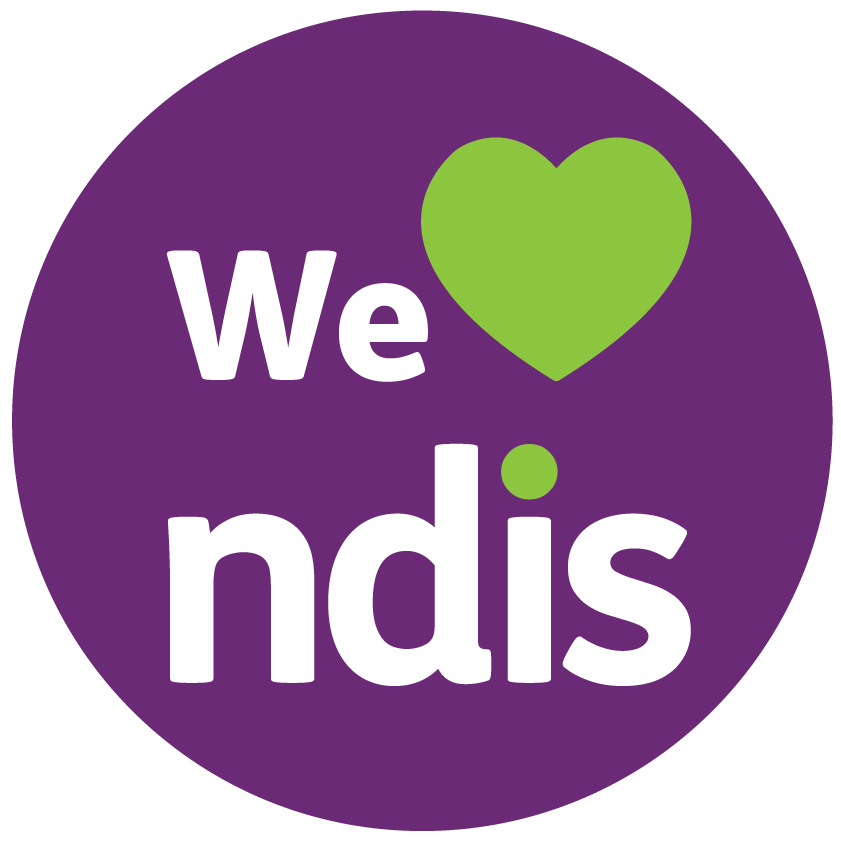Respite care is a crucial service provided through the National Disability Insurance Scheme (NDIS), offering relief to families and caregivers who support individuals with disabilities. This service allows primary caregivers to take time off while the individual with a disability continues to receive necessary care in a safe and supportive environment. However, it’s important to know how much NDIS respite care actually costs. This blog will explore the various factors influencing the cost of respite care and how to make the most of it.
NDIS Respite Care
The NDIS offers respite care as part of its Short-Term Accommodation (STA) and Assistance Program, designed to give both participants and caregivers short breaks.
Under this support, participants can access:
- Short-term accommodation in suitable facilities, ensuring a safe and comfortable environment.
- Assistance with personal care, such as bathing, dressing, and eating.
- Overnight support and supervision, ensuring safety and well-being.
- Provision of food, groceries, and other essential items.
- Support in acquiring or improving daily living skills.
- Assistance in maintaining or improving physical and mental health.
- Opportunities to connect with others, build relationships, and participate in community activities.
- Support in achieving individual goals related to life choices, relationships, or education.
Respite care can be accessed for a few days to a couple of weeks, depending on the needs of the participant and their family. This flexible service aims to improve the participant’s well-being while giving caregivers much-needed rest.
NDIS Respite Care Costs: What to Expect
The cost of NDIS respite care depends on the following factors:

The Ratio of Support Workers to Participants
The cost of NDIS respite care is influenced by the number of support workers required for each participant. A
1:1 ratio, where one support worker assists one participant, is more expensive than a
1:2 or 1:3 ratio, where one worker assists multiple participants, as individualised care requires more resources.
Location (National, Remote, or Very Remote Areas)
Location plays a crucial role in determining respite care costs. Services provided in remote or very remote areas are generally more expensive than those in national or urban regions. This overall high service delivery cost is due to higher staffing requirements, transportation challenges, and limited access to resources.
Day of the Week (Weekday, Weekend, or Public Holidays)
The cost of NDIS respite care varies based on the day of the week. Services provided on weekends and public holidays are typically more expensive than weekday services. This is due to higher wage rates for staff working outside standard business hours, leading to increased respite care expenses on these days.
The Level of Support Required
The level of care and support a participant needs significantly affects the cost of respite care. Individuals who need more intensive or complex support, such as assistance with daily activities or medical care, will incur higher costs. The type of care required is a key determinant in the overall price of the service.
According to the NDIS Pricing Arrangements and Price Limits for respite care services, here’s an overview of the maximum daily rates for different care ratios:
NDIS Respite Care Ratios & Rates
| Service Type – Support workers: Participants | Day Type | National | Remote | Very Remote |
| STA And Assistance (Inc. Respite) – 1:1 | Weekday | $2,098.80 | $2,938.32 | $3,148.20 |
| Saturday | $2,682.32 | $3,755.25 | $4,023.48 | |
| Sunday | $3,396.56 | $4,755.18 | $5,094.84 | |
| Public Holiday | $4,110.80 | $5,755.12 | $6,166.20 | |
| STA And Assistance (Inc. Respite) – 1:2 | Weekday | $1,156.24 | $1,618.74 | $1,734.36 |
| Saturday | $1,448.00 | $2,027.20 | $2,172.00 | |
| Sunday | $1,805.12 | $2,527.17 | $2,707.68 | |
| Public Holiday | $2,162.24 | $3,027.14 | $3,243.36 | |
| STA And Assistance (Inc. Respite) – 1:3 | Weekday | $842.05 | $1,178.87 | $1,263.08 |
| Saturday | $1,036.56 | $1,451.18 | $1,554.84 | |
| Sunday | $1,274.64 | $1,784.50 | $1,911.96 | |
| Public Holiday | $1,512.72 | $2,117.81 | $2,269.08 | |
| STA And Assistance (Inc. Respite) – 1:4 | Weekday | $684.96 | $958.94 | $1,027.44 |
| Saturday | $830.84 | $1,163.18 | $1,246.26 | |
| Sunday | $1,009.40 | $1,413.16 | $1,514.10 | |
| Public Holiday | $1,187.96 | $1,663.14 | $1,781.94 |
*Rates as of October 2024
If you’re looking for respite care Queensland or more remote areas like respite care Toowoomba, the rates may be slightly higher due to travel and staffing expenses. For instance
1:1 ratio in remote Queensland on a weekday could cost around $2,938.32 per day, while in very remote locations, it can reach $3,148.20 per day.
How to Get NDIS Funding for Respite Care
To receive NDIS funding for respite care, it must be included in the participant’s NDIS plan. This funding is allocated within the Core Support Budget, specifically under the Short-Term Accommodation and Assistance (STA) line item. However, it’s important to note that not all NDIS participants are eligible for respite care funding.
To ensure respite care is included in your plan, you will need to provide evidence demonstrating:

- The benefits of respite care for both the participant and the family.
- How respite care will help maintain or improve the participant’s independence.
- How respite care contributes to maintaining or increasing the participant’s ability to engage in social and community activities.
To ensure that respite care is incorporated into your plan, collaborate with your local NDIS planner or support coordinator. If respite care is not approved, you may be responsible for covering the costs privately.
Additional Costs to Consider
While NDIS respite care covers a range of services, there are some things that the NDIS do not fund. For example:
Long-term accommodation
Respite care is designed for short stays only. Long-term accommodation is considered a daily living expense.
Temporary accommodation for appointments
The NDIS does not cover accommodation costs for situations like waiting for home renovations or attending medical appointments.
Meals and Activities Outside of the Plan
While the NDIS covers food and certain activities, any extra services outside of the agreed-upon plan may incur additional fees.
Making the Most of Your NDIS Plan
To get the most value from your NDIS funding, it’s crucial to have clear communication with your support coordinator and respite care provider. You should:
- Understand the exact services and costs involved before committing to a provider.
- Ensure all aspects of the respite care plan are aligned with your NDIS goals.
- Regularly review your NDIS plan to ensure it continues to meet your needs, including future respite care requirements.
Final Thoughts
NDIS respite care provides invaluable support to both participants and their families. While the costs can vary depending on the level of care, location, and other factors, the NDIS offers financial assistance to help cover most of these expenses. Whether you are in Queensland, Toowoomba, or any other part of Australia, respite care can be a lifeline.
If you’re unsure about respite care costs or eligibility, reach out to an NDIS planner or support coordinator. They can guide you in securing the funding and support you need, ensuring respite care is an accessible and affordable option for you and your family.
Maximise Your NDIS Respite Care Funding
Dream Big Support Services can help you navigate the NDIS and access tailored respite care services. We understand the importance of respite care for both participants and families, and we’re dedicated to providing quality care that empowers individuals with disabilities and supports their loved ones.







